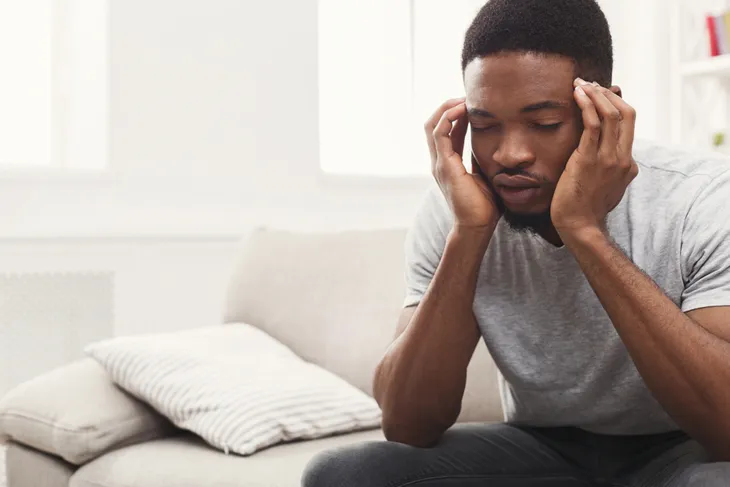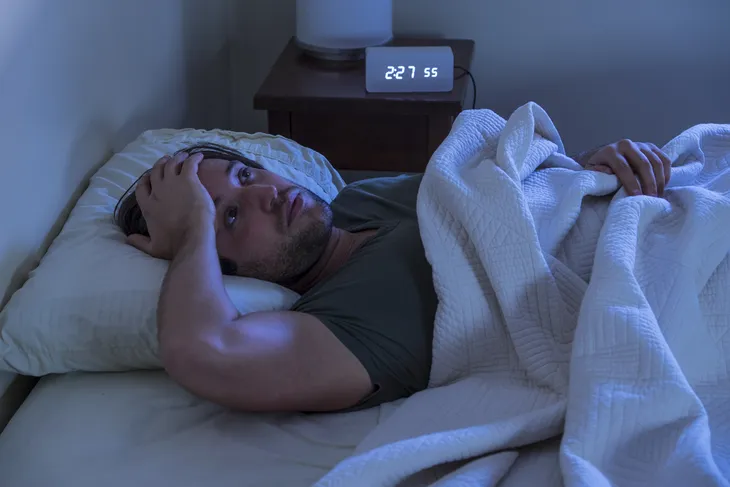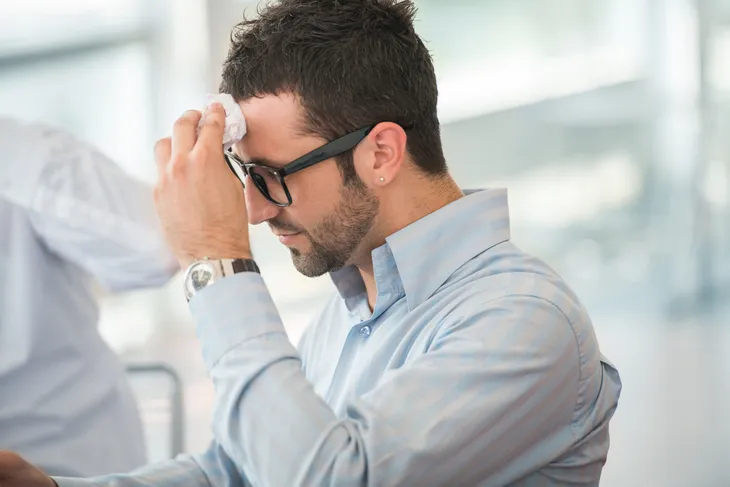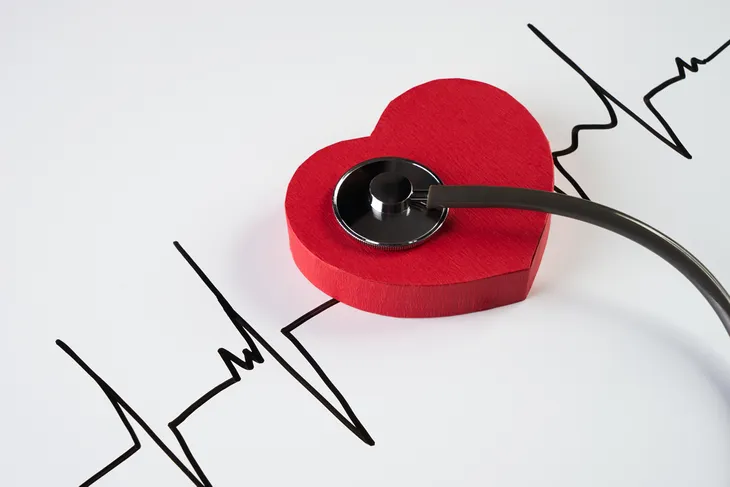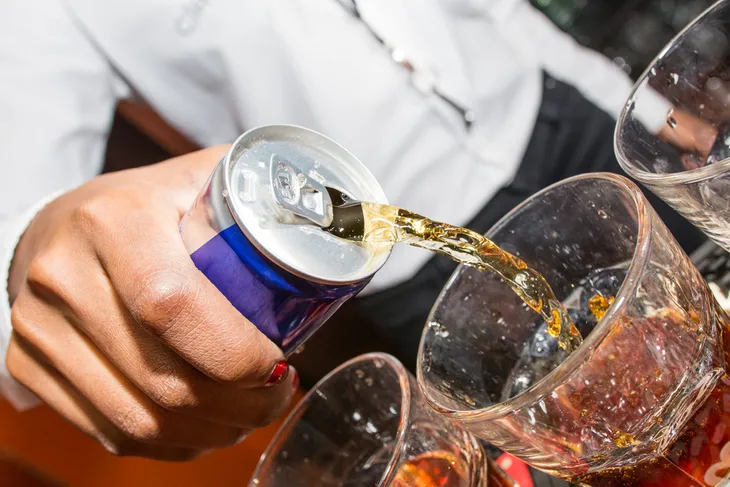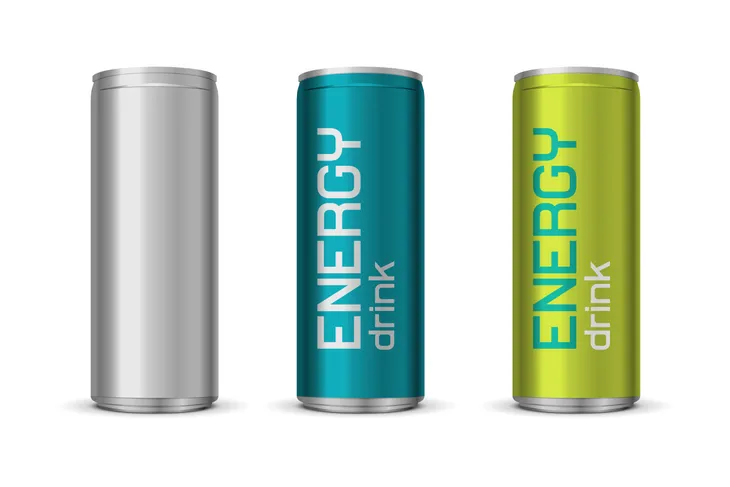You’ve heard the news stories detailing how an innocent night of drinking turned deadly after mixing alcohol and energy drinks.
However, the potentially dangerous health effects of consuming energy drinks go far beyond imbibing. Slurping energy drinks have been linked to increased blood pressure, anxiety, weight gain, migraines, and more.
Beware of the 10 evils of energy drinks…
Anxiety Inducing
You already know that caffeine is a stimulant that can be dangerous if over-consumed. That’s why after downing an energy drink, you may notice you can’t sit still, a quickening of your pulse, the jitters, your mind and thoughts may start racing, and you may become irritable or extremely chatty. That’s because the typical energy drink can contain up to 300 milligrams of caffeine compared to a brewed cup of coffee (at approximately 100 milligrams of caffeine). Delivering nearly 3 times the caffeine compared to coffee, energy drinks bring new meaning to the term “anxiety inducing!”
Those Empty Calories Add Up
That can of energy drink you’re swilling may tout the added benefits of herbs and nutrients, but most energy drinks only contain empty calories from sugar, which leads to weight gain. In fact, the average energy drink contains approximately 10 to 12 teaspoons of sugar per can. On top of that fact, they do very little to hydrate your body.
Sleep Deprivation
You might think that pounding a few energy drinks will let you burn the candle at both ends so you can finish that work presentation or essay. However, taking in all of that excess caffeine will leave you wishing for sleep when you actually hit the hay. You’ll likely end up tossing and turning the night away, and waking up tired and sleep deprived.
Migraines
If you’re prone to headaches or worse, migraines, drinking energy drinks won’t do you any favors. In fact; the outcome will likely be a throbbing headache due to excess caffeine. Energy drinks may seem thirst-quenching, but they actually leave the body dehydrated—encumbering blood flow and fresh oxygen to the brain—which is necessary for energy.
Excess Perspiration
When you drink too much caffeine do you sweat more? I tend to perspire excessively after downing an energy drink even when I’m sitting still in a cool room. No, it’s not a hot flash. The reason that the temperature rises in the wake of energy drink consumption is due to stimulant ingredients (namely caffeine), which cause increased blood pressure, heart rate, and metabolism, and which naturally lead to higher body temperature and perspiration.
Digestive Upset
On top of caffeine, which already causes its share of digestive turmoil, the sugar and other stimulants (i.e., ginseng) packed in a can of energy drink all contribute to an increase in the production of stomach acid. So downing a can to stay upbeat will often just result in an upset stomach.
 Dragana Gordic / Shutterstock
Dragana Gordic / ShutterstockHeart Palpitations
In recent years, energy drinks have come under fire for potentially serious effects on the heart—specifically when it comes to arrhythmia, increased blood pressure, and even cardiac arrest. If you have a history of heart problems, you could be risking a heart attack if you consume energy drinks. The American Heart Association considers the safe consumption of caffeine for adults with healthy hearts is about 400 milligrams per day. However, if you consider that one energy drink can contain up to 300 milligrams of caffeine per can, guzzling multiple cans can be risky.
Impaired Cognition
Eager students often rely on energy drinks to pull all-nighter study sessions. However, reliance on energy drinks to stay awake and improve performance might be unrealistic. In fact, studies link excessive consumption of caffeine to weakened cognition—including reduced focus, problem-solving skills, memory, and reaction times.
Dangers of Mixing Energy Drinks and Alcohol
You may have read the horror stories concerning mixing alcohol and energy drinks, but many of us don’t heed the warning of this potentially deadly practice. Sure, caffeine is a stimulant while alcohol is a sedative, so it makes sense that mixing the two would balance out the effects, right? Wrong! In fact, the stimulant effect of caffeine may cause you to consume alcohol in excess, putting you at risk for dehydrated and associated health risks—like heart issues and potential injury due to being impaired.
Higher Risk of Miscarriage
If you’re pregnant, your doctor may have advised you to cut down your caffeine consumption or stay away from it altogether. That’s because the effects of caffeine on pregnant women can put your unborn child at risk. In fact, studies show that excessive consumption of caffeine (more than 200-milligrams per day) may double your risk of miscarriage.

